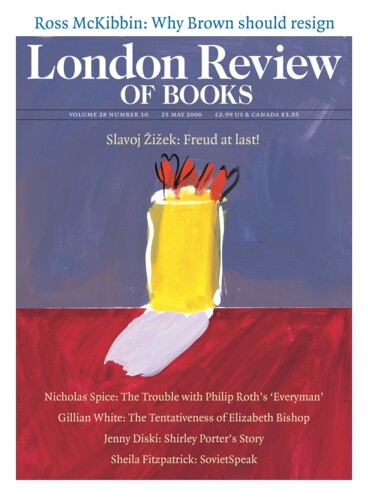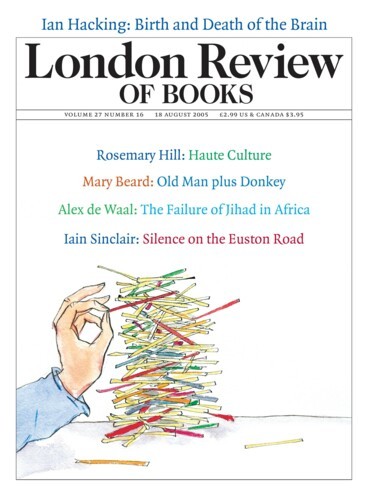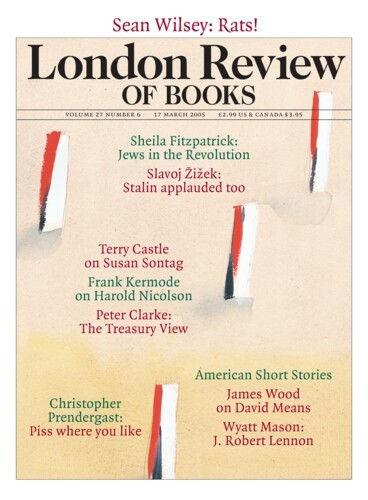Freud Lives! dreaming
Slavoj Žižek, 25 May 2006
A century ago, Freud included psychoanalysis as one of what he described as the three ‘narcissistic illnesses’. First, Copernicus demonstrated that the Earth moves around the Sun, thereby depriving humans of their central place in the universe. Then Darwin demonstrated that we are the product of evolution, thereby depriving us of our privileged place among living beings. Finally, by making clear the predominant role of the unconscious in psychic processes, Freud showed that the ego is not master even in its own house. Today, scientific breakthroughs seem to bring further humiliation: the mind is merely a machine for data-processing, our sense of freedom and autonomy merely a ‘user’s illusion’. In comparison, the conclusions of psychoanalysis seem rather conservative.





